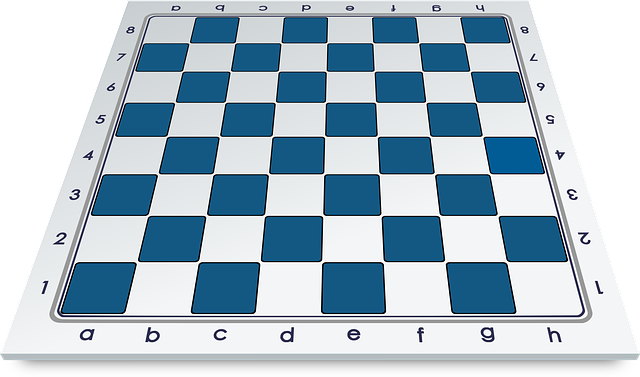Beyond simple enjoyment, online gaming has developed into a vibrant social venue where users interact, compete, and team-build. Within online games, gambling communities have become active centers of social activity promoting friendships, rivalries, and a common love of gaming.
The Social Dynamics of Online Gaming
-
The Authority of Common Experiences
Communities of online gaming give their participants a feeling of connection and belonging. Sharing the thrill of successes and the sorrow of losses produces a common experience that strengthens friendship.
-
The Competitive spirit
Many internet games include leagues, tournaments, and leaderboards—competitive aspects. These competitive features inspire participants to pursue excellence and participate in friendly rivalry.
-
The Social Function of Games
Online gaming communities give users a forum to meet friends and socialize anywhere in the globe. On team-based games, players might communicate, exchange tactics, and work together.
-
E-sports’ Emergence
The prominence of e-sports has driven internet gaming groups even more toward development. Professional gamers battle at the top, drawing big crowds and motivating next generations of players.
-
Addiction’s Potential
Although online gaming groups can be a good thing, one should be aware of the possible hazards connected to too much gaming. Spending too much time on internet games could cause social isolation, lack of obligations, and even addiction.
Ending Statement
Offering gamers a feeling of belonging, rivalry, and social contact, online gaming communities have grown to be a natural element of the gaming scene. Although these communities can offer a good and fun experience, it’s crucial to keep a good balance and be aware of the possible hazards related with too much gaming. Responsible online gaming communities help users to minimize the negative effects and yet enjoy the advantages of social connection and competitive play.

